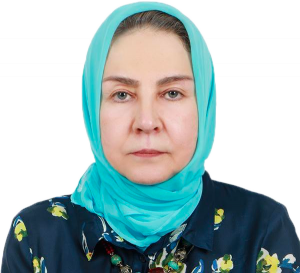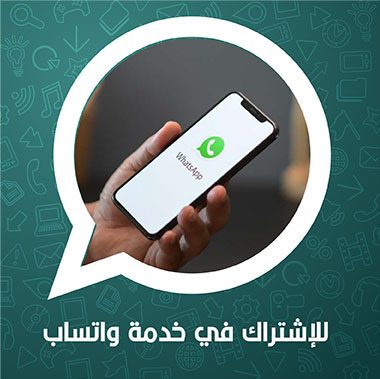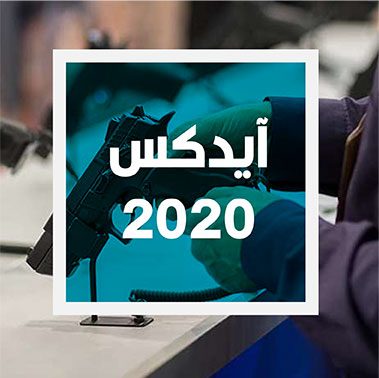Since its establishment on December 2, 1971, the foreign policy of the United Arab Emirates has adopted moderation and non-interference in the affairs of other countries, while adopting flexible methods in resolving international and regional relations crises, in addition to adapting to Arab and international developments, to reflect the efforts of its diplomacy in strengthening its international stance as a geopolitical force in the region.
The most visible idea in the UAE foreign policy is embodied in working to forge regional and international ties, and establish partnerships of interest in a vertical and horizontal manner, in a way that guarantees the State a practical accumulation and experience in managing both regional and international foreign affairs.
Among the State’s external activities, it is reflected in the intense pace of official visits and meetings, accompanied by the efforts of the Emirati diplomatic elites abroad, to consolidate the State’s relations and strengthen its network of international contacts, in a way that secures its position as a rising power, enjoying a great deal of stability and confidence.
Emirati aid is only a facet of diplomatic work, for example, about 1,500 metric tons of medical supplies – masks, gloves and medical materials – were sent to 118 countries during the spread of “Covid 19” pandemic, which means supporting the work of about 1.4 million doctors around the world.
The soft power for which the Emiratis created a council is a backing for foreign policy. It is intended to consolidate the knowledge of the peoples of the world about the UAE, its culture, identity, uniqueness and amazing story, according to what His Highness Sheikh Mohammed bin Rashid Al Maktoum, Vice President and Prime Minister of the UAE and Ruler of Dubai, confirmed.
While cultural, artistic and knowledge initiatives such as the Louvre Museum in Abu Dhabi, or the Expo 2020 in Dubai, are opportunities to enhance cultural exchanges and introduce diverse societies and cultures from all over the world, highlighting in particular global and common themes, and benefiting from human experiences that transcend the boundaries of place and races. and history.
Therefore, the Emirati march was reinforced by the values of tolerance, coexistence and respect for the other, to be a bridge of communication and rapprochement between peoples and cultures of the world in an open environment based on coexistence and peace, establishing a civilized society and a sustainable future. Hence, the improvement of relations in the region came as a great victory for the initiative diplomacy in addressing problems, which was adopted by the State, in order to spare the region, the dangers of cracking its official and popular relations, and to adopt peaceful methods to mitigate differences.
Because the UAE today is an influential regional player, it realizes the importance of diversifying its economy, and as a result of these efforts, the UAE ranked first regionally and ninth globally in the Global Competitiveness Report for the year 2021 issued by the Global Competitiveness Center, where it ranked first globally in 22 indicators.
The successes of the UAE foreign policy reflect the capabilities of a State that has effectively utilized its wealth through a sustainable political and economic vision, in which the State is a guarantor of a stable and secure future for its Gulf and Arab neighbors.














